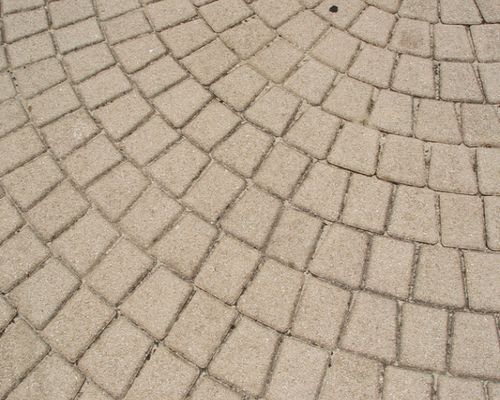Asphalt Driveways
- Home
- Asphalt Driveways
What Are Asphalt Driveways
In warmer parts of the world concrete is often used since there is not much risk of damage from frost heaving, use of Salt and de-icing chemical that damage concrete for snow and ice removal. An asphalt driveway is a flexible paved surface. In comparison to concrete driveways, asphalt will bend and flex over time. As we build a driveway every consideration is given to the proper base material, grading and joint construction. Both are good materials for a driveway construction, but we feel that asphalt driveways provide better flexibility and value for property owners both residential and commercial. With correct construction an asphalt driveway is also flexible, quite durable, and less prone to failure cracks.

What is an Asphalt Driveway?
Asphaltic concrete is mixture of well graded crushed stones bonded together with asphaltic cement, the petroleum product that glue the aggregates together. If you have read the article on concrete driveway you will know that there are prerequisite tasks that precedes road paving, they are equally applicable in this case.
The composition of an asphalt driveway is made up of bituminous asphalt mixed with specific stone sizes and sand. Driveway asphalt is a specifically engineered mix design for a pavement project determines along with handling and compaction the final asphalts characteristics. So it is a specific mixture of various sized aggregate, and it contains stones, sand and liquid asphalt cement in specific ration’s that is heated to enable it to be mixed. This cement is a petroleum product which is heated to the point at which it becomes a liquid. This liquid cement and aggregate mixture is kept heated till it is placed and compacted. If it cools too much prior to adequate compaction it will not compact since the heat is what makes it fluid to enable compaction and a smooth uniform finish.
Really none of this is all that hard it just needs to be done right and with knowledge of the job requirements to produce a good end product. Very soon after paving, the mixture cools and hardens to create a monolithic driving surface that will last over time. If someone contacts you and says they have left over asphalt from a nearby job you should be concerned if for no other reason is it still hot enough.
The value in Asphalt driveways
Asphalt driveways are one of the most cost-effective option you can choose for a driveway. You do not need to worry about salting and calcium chloride on your driveway in winter since asphalt is unaffected by salt. If repairs are needed or an underground line needs to be installed in an asphalt driveway it is less expensive fix than with a concrete driveway
Beneath the Asphalt Driveway
The ground that receives the bituminous binder course and asphaltic pavement must be adequately prepared in composition and level ahead of pouring application i.e. all route survey related tasks are concluded, and the sub-grade, sub-base and base are in place and well compacted in right sequence and properly shaped to direct water away from the driveway. Unlike concrete, Asphalt is particularly weak in the face of running water.
Beneath your asphalt driveway is your base, a layer of imported, suitable and well compacted material. This is to provide solid foundation for your asphaltic pavement. This material could be naturally occurring laterite or well graded crushed stones etc. You may find out what is commonly used in your locality.
As the name suggests, the sub-base is beneath the base, it may be composed of same type of material with the base or a variation of it. A thickness of 150mm is generally suitable for each of the base and sub-base.
Subgrade sit underneath the subbase and is the graded natural ground prepared to receive the subbase, it must be sound and well compacted. Where the grade is too weak, you must stabilize it otherwise the road may fail. If the subgrade is confirmed to be stable enough, you may be able to compromise on the installation of base and subbase, but you must be very sure.
Asphaltic Paving Equipment
Effective application of asphaltic pavement require the use of equipment, the asphalt is usually ordered and delivered to site at high temperature while the bituminous material has not solidified. It’s in this state that the asphalt is spread, and compacted. To pave an extensive portion of road without adequate equipment is therefore practically impossible. This is why you need equipment.
If your concern is primarily your driveway, I don’t consider your investment in equipment necessary, except you can find a way to dispose them off after use, at reasonable price. In the alternative, you may hire equipment if such opportunity exist within your locality.
You will require a motorized equipment (tar boiler) to spray the hot liquid bituminous binder course on the prepared base.
You will also need a tipping truck to deliver the asphalt and a paver to receive the asphalt from the tipping truck and accurately deposit the asphaltic materials on the prepared base at the prescribed thickness, and a roller to compact the freshly laid asphaltic concrete. You will require a water tanker as well to spray water over the newly paved driveway surface.







